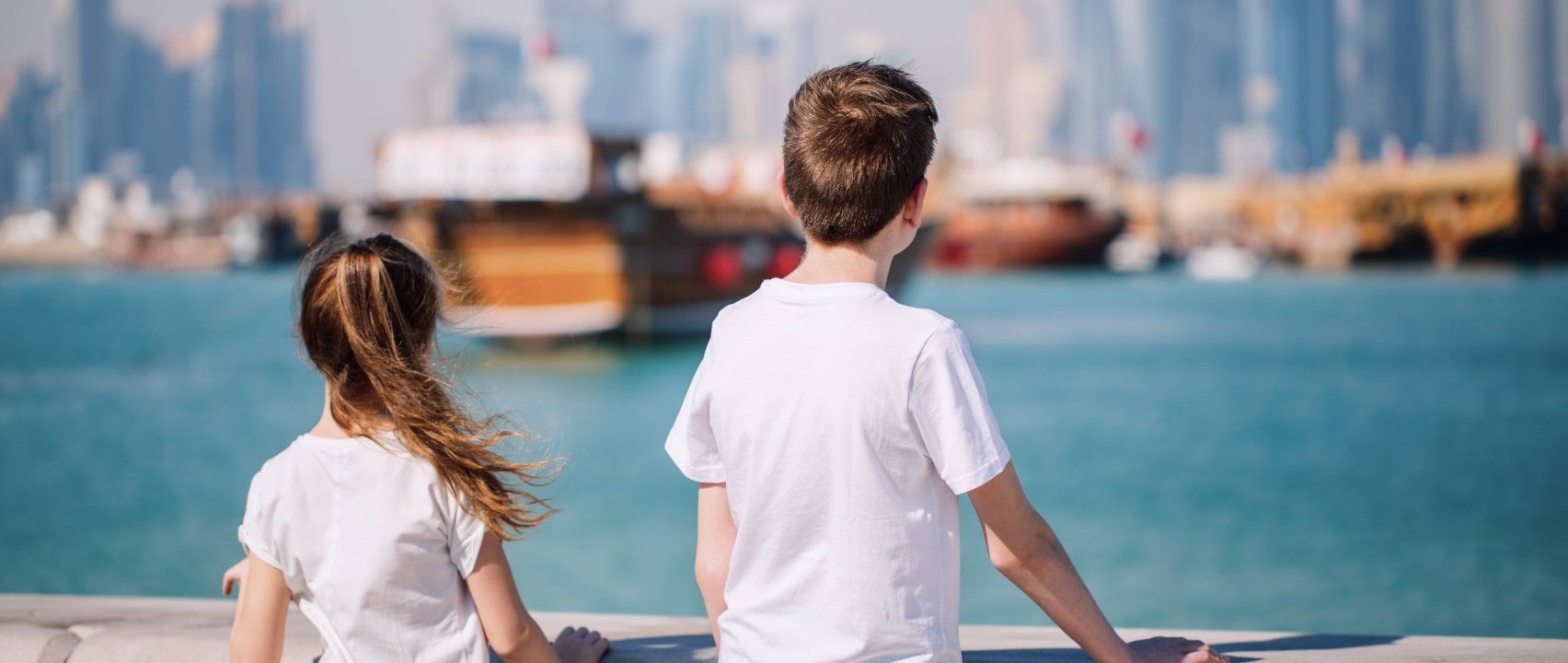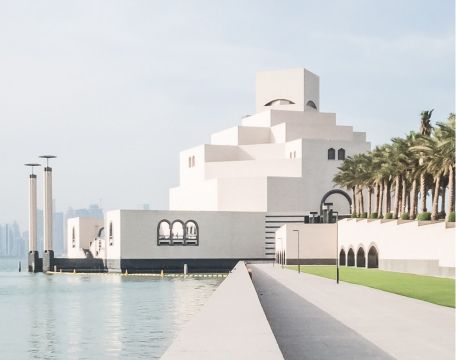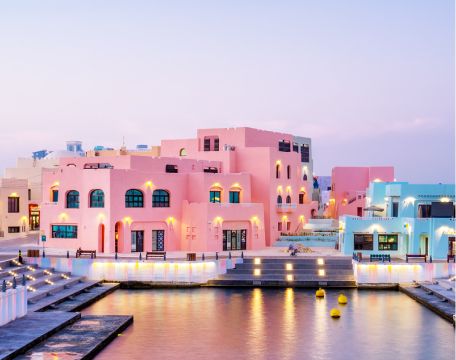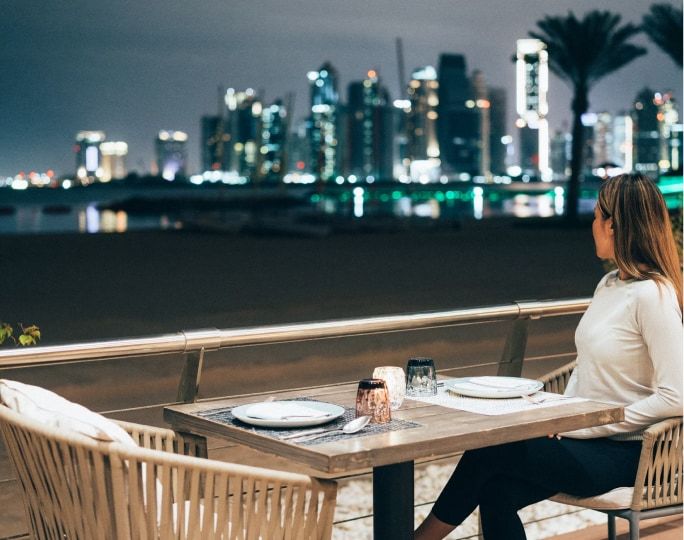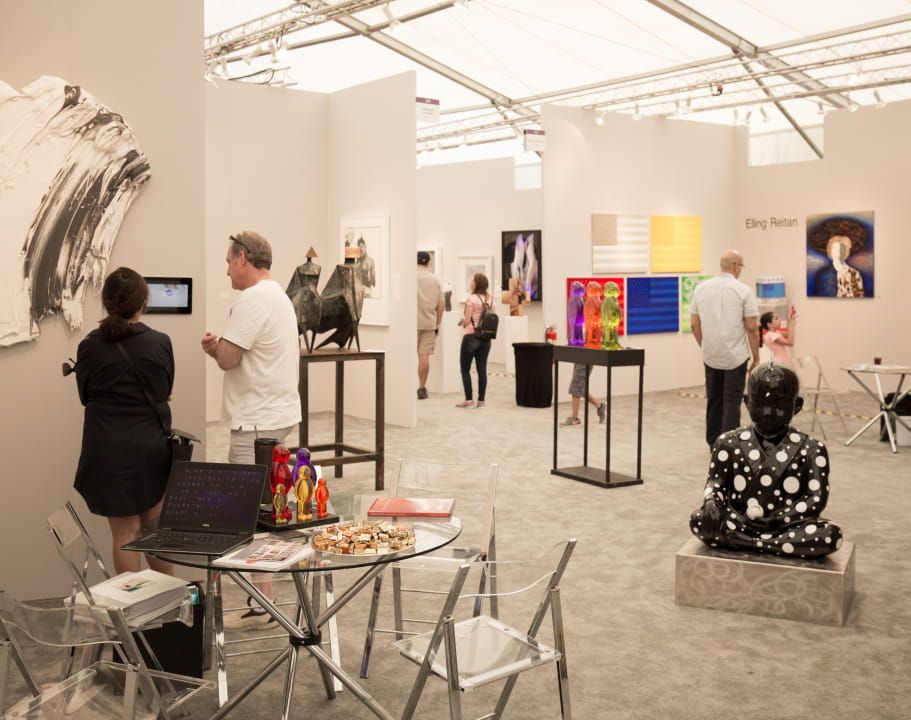Contents
Qatar remains a focal point of worldwide media interest due to its continued growth and innovation, as well as the construction of modern skylines and its emerging position as a hub for business and innovation. While the country's global presence continues to grow, the everyday life of Qatar residents remains a mystery to many — and reality exceeds most expectations.
Safety feels normal
The statistics prove that Qatar stands as one of the safest places in the world. The Numbeo Safety Index ranked the country as the third safest nation worldwide in 2023, with minimal criminal activity. People leave their belongings at café tables while they refresh their coffee cups. Children play outside as the sun sets in the distance. Women feel perfectly safe walking by themselves in the evening hours without concern.
The high level of safety extends throughout every neighborhood, from high-end compounds to normal residential areas — making it a top choice for expats raising families.
Desert winter is surprisingly cool
Middle Eastern weather experiences a different reality than what most people expect. Summer heat in Qatar becomes extreme when temperatures reach above 45°C (113°F). Qatar experiences a complete transformation between November and March. The daytime temperatures in Qatar range between 15°C and 25°C (59°F to 77°F). The atmosphere becomes clean, and the sky remains clear while the moisture levels decrease significantly. The local population joins foreign residents to visit parks and beaches, and desert camps throughout each weekend.
The country experiences its peak level of vibrancy during the winter months. The winter months bring a full schedule of outdoor markets alongside food festivals and multiple sporting events, such as the Qatar National Day Marathon, the ATP Qatar Open, and the Formula 1 Qatar Airways Qatar Grand Prix 2025. The season provides the perfect opportunity to discover the country by bicycle or boat.

Water sports thrive in Qatar
When you picture desert terrain, paddleboarding, jet skiing, or scuba diving probably aren't the first things that come to mind. But in Qatar, the desert meets the sea, and the result is a thriving coastal lifestyle most wouldn't expect. With 560 kilometers of coastline, residents and visitors alike make the most of life on the water.
While in Qatar, you can kayak through the serene mangroves of Al Thakira, jet ski across the waters of West Bay, explore coral reefs while scuba diving, and kite surf at Fuwairit — a playground for kiteboarders and windsurfers. Even if you've never tried water sports, you're covered. Operators like Blue Pearl Experience and Qatar Water Sport offer beginner-friendly lessons in English, proving that in Qatar, the sea is for everyone, not just seasoned pros.
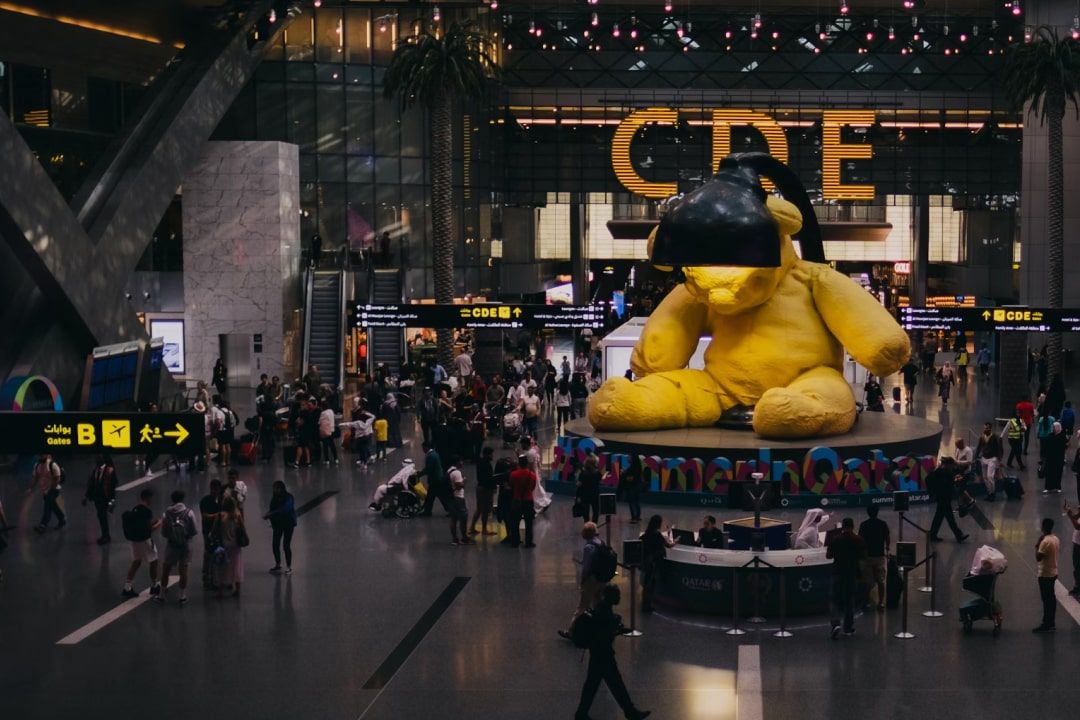
Doha connects you to world
Qatar can completely transform the way you travel. Thanks to its strategic location at the crossroads of Europe, Asia, and Africa, Hamad International Airport offers direct access to over 160 global destinations, making it one of the world's leading and most connected airports.
Living in Qatar means having the world at your fingertips. From Doha, you can reach cities like Istanbul, Muscat, Amman, and Tbilisi in under four hours. Dreaming of the Maldives, Sri Lanka, or even Zanzibar? These tropical escapes are perfect for a spontaneous long weekend, just a short flight away. Overnight direct flights make travel to Europe and Southeast Asia smooth and easy, while regional airlines often offer budget-friendly fares, especially during off-peak seasons. Many residents make the most of Qatar’s public holidays to plan quick international getaways — one of the hidden perks of life in the Gulf.
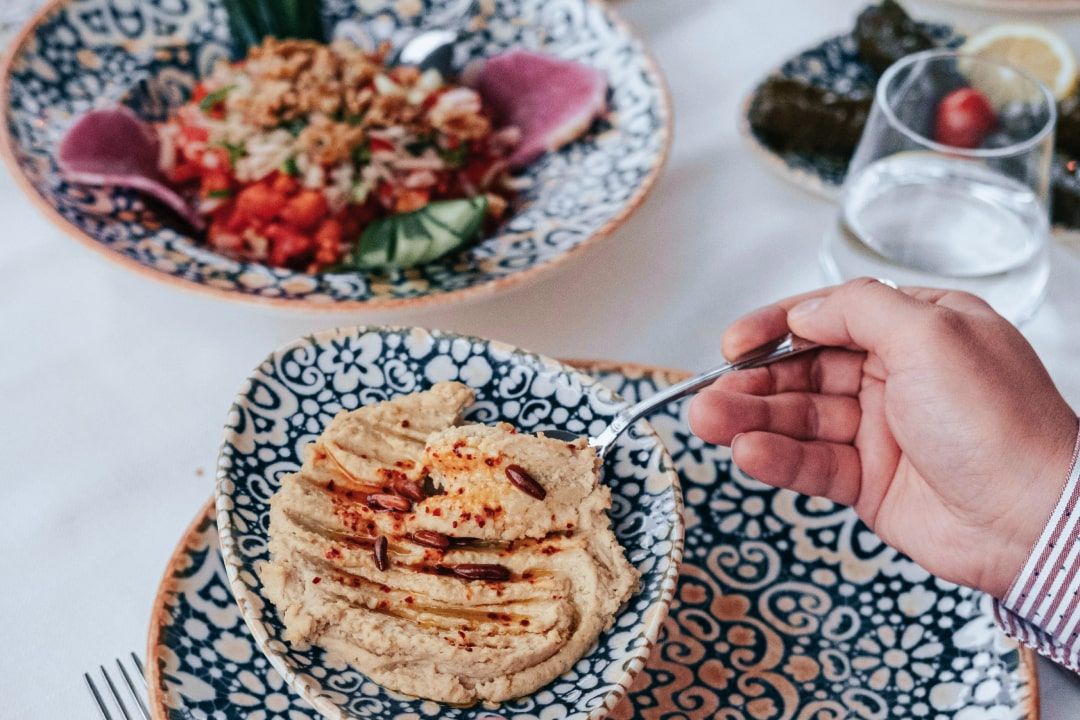
Multiculturalism is norm
Every five steps in Doha, you will hear five different languages being spoken. The city has become a melting pot of cultures as foreigners now constitute 88% of its population.
Workplaces across the board are international companies that use English as the official language of communication. The majority of schools in the area operate under British, American, Indian, and French systems. The residents you meet could be from Egypt, India, South Africa, the Philippines, Turkey, or Brazil.
Qataris are famous for their friendly nature, and the respect between the diverse community of residents is also noticeable in the country. Public spaces like malls, schools, and offices in Doha acknowledge various international celebrations.
And when it comes to food, expect Lebanese manakish alongside Filipino halo-halo, Turkish doner, and Pakistani biryani — an authentic taste of Qatar's diversity.
Art is everywhere
Qatar is more than just a business and sports hub. The nation has developed into one of the leading centers for art, culture, and design in the region. The Museum of Islamic Art stands as a standalone piece with exhibitions that cover many centuries of artistic development. The National Museum of Qatar allows visitors to explore the nation's story and its destiny in detail. Creative displays are found throughout the country — from Richard Serra's monumental desert works to modern art installations at Hamad International Airport. Cultural centers like Katara and M7 regularly host various exhibitions together with workshops and film screenings.
